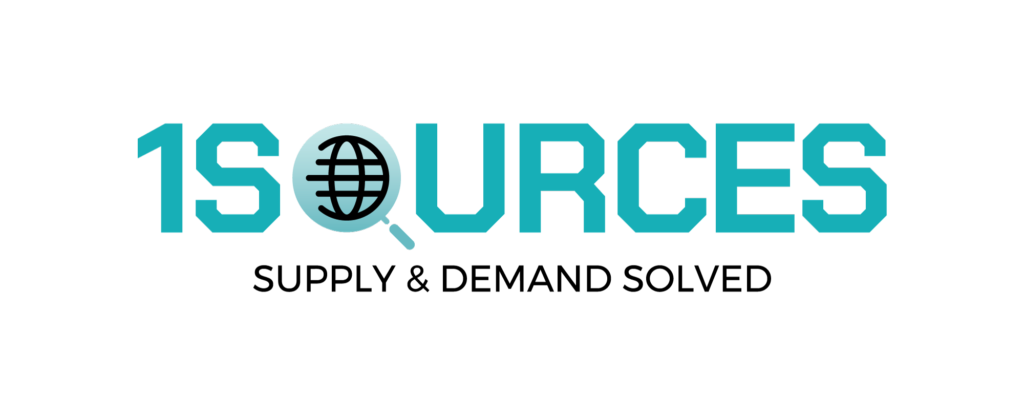Understanding wholesale terminology is essential for anyone involved in this sector. In this comprehensive guide, we will explore various wholesale terms, shedding light on their meanings and significance.
Whether you’re a seasoned wholesaler or new to the industry, this blog will provide valuable insights into the terminology that drives wholesale operations.
What is Wholesale Terminology?

Wholesale terminology refers to the specific jargon and vocabulary used within the wholesale industry. It encompasses a wide range of terms and expressions that wholesalers, retailers, manufacturers, and other stakeholders use to communicate and negotiate business related to buying and selling goods in bulk.
Understanding wholesale terminology is crucial for anyone involved in the wholesale sector, as it allows them to navigate the intricacies of the wholesale market, establish effective communication with suppliers and buyers, and make informed business decisions.
Top 11 Wholesale Terms

#1 Manufacturer’s Suggested Retail Price (MSRP)
The MSRP, also known as the list price, is the recommended selling price set by the manufacturer. Wholesalers often use this price as a reference point when determining their wholesale prices. It helps establish a baseline for negotiations with retailers, and the difference between the wholesale price and MSRP is the retailer’s potential profit margin.
#2 Wholesale Price
The wholesale price is the cost at which manufacturers sell their products to wholesalers. This price is typically lower than the MSRP, allowing wholesalers to mark up the products to make a profit. The wholesale price depends on various factors, such as production costs, shipping, and packaging expenses.
#3 Minimum Order Quantity (MOQ)
Minimum Order Quantity refers to the minimum number of units a retailer must purchase from a wholesaler in a single order. Wholesalers use MOQs to ensure that their products are distributed in larger quantities, streamlining production and reducing costs. Retailers, on the other hand, must carefully consider the MOQs to avoid overstocking or tying up too much capital.
#4 Quantity Discount
A quantity discount is a price reduction offered to retailers who order products in large quantities. Wholesalers offer these discounts to incentivize bulk purchasing, which benefits both parties. Retailers enjoy cost savings, while wholesalers move more inventory, improving cash flow and reducing storage costs.
#5 Trade Credit
Trade credit is a financing arrangement common in the wholesale industry. It allows retailers to purchase goods from wholesalers on credit and pay for them at a later agreed-upon date. This credit period can vary from a few weeks to several months, depending on the terms negotiated between the parties involved.
#6 Distributor
A distributor is a wholesaler who acts as an intermediary between manufacturers and retailers. Distributors purchase products from multiple manufacturers and supply them to retailers, making it more convenient for retailers to access a wide range of products from various sources.
#7 Dropshipping
Dropshipping is a popular fulfillment method where the retailer does not hold inventory but transfers orders and shipments to the wholesaler. The wholesaler then ships the products directly to the customer. This allows retailers to operate without the need for large inventory investments.
#8 Private Labeling
Private labeling is a practice where retailers purchase products from wholesalers but market them under their own brand name. This strategy enables retailers to differentiate their products from competitors and build brand loyalty. Wholesalers often provide customization options to accommodate private labeling requirements.
#9 Net Payment Terms
Net payment terms define the period within which the retailer must make the payment to the wholesaler after the products are delivered. For example, “Net 30” means the retailer has 30 days to pay the invoice. Payment terms play a crucial role in managing cash flow for both retailers and wholesalers.
#10 Backordering
Backordering occurs when a wholesaler accepts orders for products that are currently out of stock. It allows retailers to secure inventory for future delivery once the products are available. While it helps maintain customer satisfaction, back ordering requires careful inventory management to avoid delays and customer disappointment.
#11 Freight Forwarder
A freight forwarder is a logistics partner that assists wholesalers in arranging the transportation and delivery of goods. They handle tasks such as customs clearance, documentation, and shipping coordination. Freight forwarders ensure timely and efficient movement of products across borders.
Conclusion
Wholesale terminology forms the foundation of successful business operations in the wholesale industry. Understanding the intricacies of these terms empowers wholesalers and retailers alike to make informed decisions, negotiate effectively, and build fruitful partnerships. Whether you are a wholesaler, retailer, or entrepreneur looking to enter the wholesale market, mastering these terminologies is key to thriving in this dynamic and competitive landscape.

